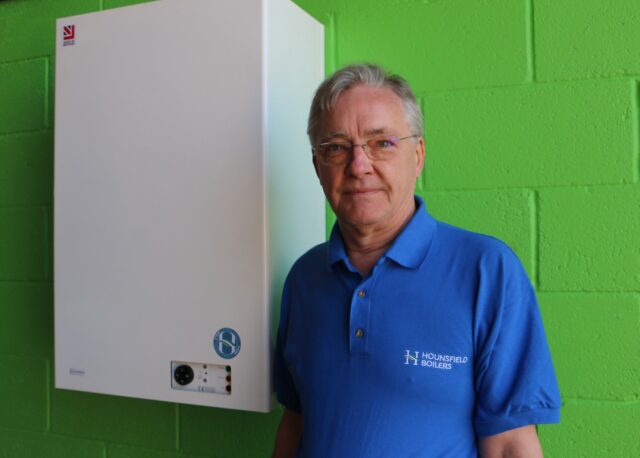Recent statistics show that the typical household energy bill could hit £3,615 a year – up from £1,400 in 2021 according to Cornwall Insight. Households are now searching for money saving tips on their household bills, particularly their energy and heating costs. Winston Davis, Director of Hertfordshire and Greater London-based company Avenue Heating has provided his top 10 ways to save money on your energy and heating bills.
1: Get your boiler checked:
Often a boiler can be working at low efficiency and not be performing at its full potential. A small issue with your boiler – i.e. a leak, could be a small issue now, but if you identify it early enough it can be resolved. If it’s not found early then it could cause you to have a costly repair bill, or you may even have to replace your boiler. So, getting regular checks to your heating system is pivotal.
2: Turn off your immersion switch:
If you have a hot water cylinder, you must make sure that your immersion switch is not on. It works in the same way as a kettle does, when you power up the emersion it heats up your hot water. We often go to properties where they have their emersion on and it runs 24 hours a day, this will inevitably add to your energy bills.
3: Update your old boiler:
If your boiler is over 10 years old, it may be a non-condensing boiler – which effectively means it runs at a much lower efficiency than a modern boiler and will be costing you a lot more to run. If you do have an old boiler it would be useful at looking to replace that as it could cause a saving of around 30% a year on your gas bills.
4: Check what controls you have:
There used to be fixed controls – meaning your boiler would come on at specific times of the day. If you don’t have a steady schedule and you’ve got your boiler to come on at a set time, then it will be costing you money on something you’re not using. However, if you have smart controls it gives you the ability to control your heating from your phone – providing you with more control and results in higher efficiency in your fuel costs. It’s a very small nominal fee to get these installed, so it’s something people should consider as it could have a significant impact on your costs – particularly if you have a large property.
5: Thermostatic radiator valves:
These essentially allow you to regulate the temperature of each individual radiator in your property. It’s predominantly used to reduce your fuel – thus saving on your bills.
6: Turn off the main stopcock:
If you’re leaving your property for a period of time in winter and no one is going to be in your property – turn off your main stopcock. We get called out during winter a lot because a pipe has burst, if you’ve left your main stopcock on there is a potential that it could freeze and burst which can cause significant damage.
7: Plug sockets:
This one is obvious; you need to make sure you’re not leaving plug sockets on. These are known as energy vampires as you could have appliances plugged in around your house which you’re not using but will still use energy.
8: Insulation & Windows:
Proper insulation is a must in your home – especially in the roof. When we go into a property, we are looking at the volume of the room and what type of windows it has and if it has appropriate insulation. The more insulation and better windows you have, the lower your heat loss damage will be and you will require less heat from both your boiler and radiators.
9: Cover any drafts:
If you have drafts coming in from somewhere (it could be holes or cracks in your doors, walls, or floors) try to find some way of covering them up. Which will mitigate against losing heat in your property.
10: Lower your temperature:
Check what temperature your boiler and cylinder are set at. You may find that you can turn the hot water down in your property so it’s a comfortable heat, rather than boiling. Some boilers settings can be turned down to regulate the heat.




